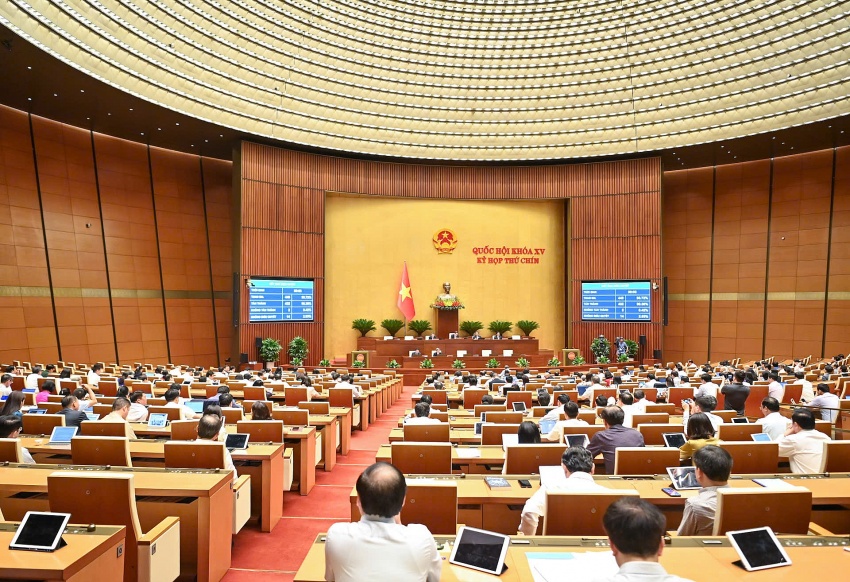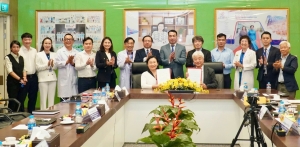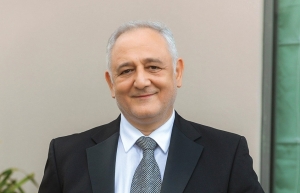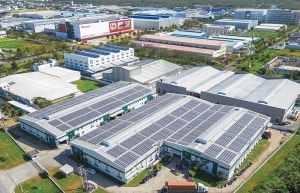New law improves technical standards and regulations
With a comprehensive and transparent approach, the amended law helps complete an important legal framework to enable Vietnam to meet the requirements of deep integration and promote innovation.
 |
| National Assembly deputies voted for the amended Law on Technical Standards and Regulations. Photo: MoST |
One of the breakthroughs is that the law legalises the concept of “technical barriers to trade” for the first time, contributing to clarifying the limits and principles of developing and applying standards that do not become unreasonable barriers in the context of Vietnam's deep integration with free trade agreements (FTAs).
The other is that the law expands the policy framework and principles of state management in standards and technical regulations with the goal of building modern and synchronous quality infrastructure.
As stated in Article 6, the state gives orientation, enterprises are central, and society are participants, demonstrating strong institutional reform thinking, focusing on promoting innovation and digital transformation.
Notably, the law allows for the expansion of public-private partnerships in developing standard services, encouraging associations, businesses, and overseas Vietnamese to participate in developing national standards.
The strategy emphasises standards for strategic technology, exports of high-tech products, and building standards in harmony with international standards, thereby contributing to national competitiveness.
Following comprehensive digital transformation, the law adds standards for the national database, measurements, and quality, a unified, modern digital platform connected with other government data systems.
This will help save costs and reduce administrative procedures, and contribute to improving the effectiveness of state supervision and management, helping businesses to access technical information in a transparent and timely manner.
The law also allows conformity assessment to be carried out by domestic or international organisations or self-performed, creating a flexible mechanism, reducing costs for businesses while still ensuring technical rigour.
Article 57 on mutual recognition of conformity assessment results is the other change. Vietnam will continue to expand mutual recognition agreements and allow unilateral recognition of assessment results of prestigious international organisations.
The new law is expected to be a strong legal foundation for Vietnam to proactively adapt to new requirements of the digital economy, green transformation, and international integration, thereby affirming an increasingly solid position on the world standardisation map.
 | Vietnam to welcome cell stem quality control centre meeting international standards Hoa Lam Shangri-La Healthcare Park and Cyto-Facto Inc signed a deal on December 17 in Ho Chi Minh City to develop cell, stem cell, and gene therapy. |
 | European medicine standards growing presence in Vietnam Following a year of strategic expansion, European medicine-related companies are advancing their operations in Vietnam. Gregoris Charitonos, chairman of the European Standards Medicines Sector Committee under the European Chamber of Commerce in Vietnam, talked to VIR’s Tung Anh about what lies ahead. |
 | Financial centres will ensure new standards International trade, green finance, and digital assets are key points for Vietnam to increase its competitive advantage on the path to building its first international financial centres. |
 | New standards being reached within green industrial parks Vietnam is steadily establishing itself as an attractive destination for foreign investment, particularly in the industrial real estate sector, with a growing number of industrial parks and factories designed to meet green and environmentally friendly standards. |
What the stars mean:
★ Poor ★ ★ Promising ★★★ Good ★★★★ Very good ★★★★★ Exceptional
 Tag:
Tag:
Themes: Digital Transformation
- PM sets five key tasks to accelerate sci-tech development
- Ho Chi Minh City launches plan for innovation and digital transformation
- Dassault Systèmes and Nvidia to build platform powering virtual twins
- Sci-tech sector sees January revenue growth of 23 per cent
- Advanced semiconductor testing and packaging plant to become operational in 2027
Related Contents
Latest News
More News
- Ho Chi Minh City launches plan for innovation and digital transformation (February 25, 2026 | 09:00)
- Vietnam sets ambitious dairy growth targets (February 24, 2026 | 18:00)
- Masan Consumer names new deputy CEO to drive foods and beverages growth (February 23, 2026 | 20:52)
- Myriad risks ahead, but ones Vietnam can confront (February 20, 2026 | 15:02)
- Vietnam making the leap into AI and semiconductors (February 20, 2026 | 09:37)
- Funding must be activated for semiconductor success (February 20, 2026 | 09:20)
- Resilience as new benchmark for smarter infrastructure (February 19, 2026 | 20:35)
- A golden time to shine within ASEAN (February 19, 2026 | 20:22)
- Vietnam’s pivotal year for advancing sustainability (February 19, 2026 | 08:44)
- Strengthening the core role of industry and trade (February 19, 2026 | 08:35)


























 Mobile Version
Mobile Version